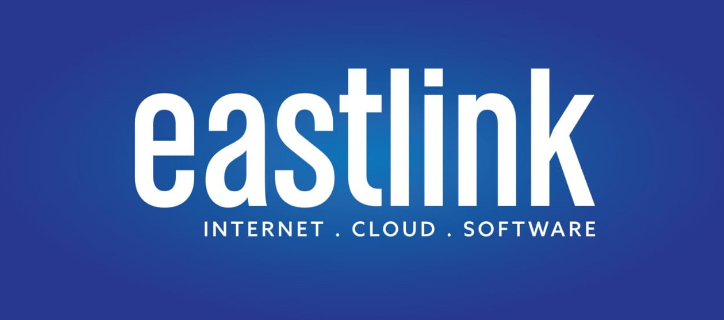“Increasing eCommerce Success: The Advantages of Cloud Hosting”
In today’s fast-paced digital era, eCommerce businesses are under pressure to deliver seamless, secure, and high-performing online shopping experiences to their customers. Selecting the right hosting solution plays a vital role in achieving this goal, leading many businesses to opt for Cloud Hosting. This preferred choice has revolutionized the eCommerce industry by offering numerous benefits and advantages that allow businesses to focus on growth while leaving technical intricacies to the experts. If you’re considering launching or upgrading your eCommerce store, exploring the advantages of Cloud Hosting is worth your while.
This article delves into the reasons why eCommerce businesses prefer Cloud Hosting, highlighting its scalability, reliability, security, and cost-effectiveness. We’ll begin by understanding what Cloud Hosting entails.
Understanding Cloud Hosting: Cloud Hosting is a service that stores a website’s files and data across multiple web hosting servers instead of relying on a single server. This arrangement enables flexible and scalable hosting, instantly allocating resources based on demand and efficiently handling substantial website traffic. Such seamless scalability and flexibility make Cloud Hosting a cost-effective and budget-friendly option for small businesses and organizations.
Why eCommerce Businesses Prefer Cloud Hosting:
-
Scalability: The ability to scale resources according to needs is one of the most significant advantages of Cloud Hosting for eCommerce businesses. As these businesses grow and attract more customers, they require additional resources to handle increased traffic and product demand. Cloud Hosting enables quick and easy resource addition without significant investments in hardware. This scalability ensures that eCommerce businesses can keep up with growth, prevent downtime (especially during peak sales periods), and only pay for the computing resources they utilize.
-
Flexibility: Cloud Hosting provides remote access to data and applications, empowering eCommerce businesses to manage their operations from anywhere with an internet connection. This flexibility proves invaluable for businesses with multiple locations or remote employees. With Cloud Hosting, eCommerce businesses can access their data and applications from any location, streamlining operations and enhancing efficiency. Moreover, Cloud Hosting allows businesses to customize resources to align with specific needs, surpassing the limitations imposed by traditional hosting solutions.
-
Security: Cloud Hosting offers enhanced data protection measures, including regular backups and disaster recovery solutions. This safeguards critical data and facilitates swift recovery during unexpected events. Additionally, Cloud Hosting providers often incorporate advanced security measures like encryption to counter cyber threats. By providing regular security updates and patches, Cloud Hosting reduces the burden on eCommerce businesses, who would otherwise be responsible for updating their own software and infrastructure. These security features build trust, protect reputations, and equip businesses to handle data breaches or security incidents with minimal disruption.
-
Reliability: Cloud Hosting ensures high resource availability, enabling eCommerce websites and applications to remain accessible even during peak traffic periods. This minimizes downtime risks, which can be particularly detrimental during busy periods like holidays or promotions. Furthermore, Cloud Hosting incorporates redundancy measures to prevent data loss, offering multiple layers of protection compared to traditional hosting solutions. These reliability features uphold uninterrupted access to eCommerce products and services, enhancing customer satisfaction and trust.
-
Cost Efficiency: Cloud Hosting offers cost reduction by minimizing capital expenses. Traditional hosting models often require substantial upfront investments in hardware and infrastructure, which hinder scalability and prove costly. In contrast, Cloud Hosting follows a pay-as-you-go pricing model, allowing businesses to pay for the resources they consume and easily adjust them as needed. This results in predictable expenses, better budget management, and improved cost savings. The affordability of Cloud Hosting compared to other traditional hosting solutions like VPS and Dedicated Hosting further contributes to lowering overall costs.












